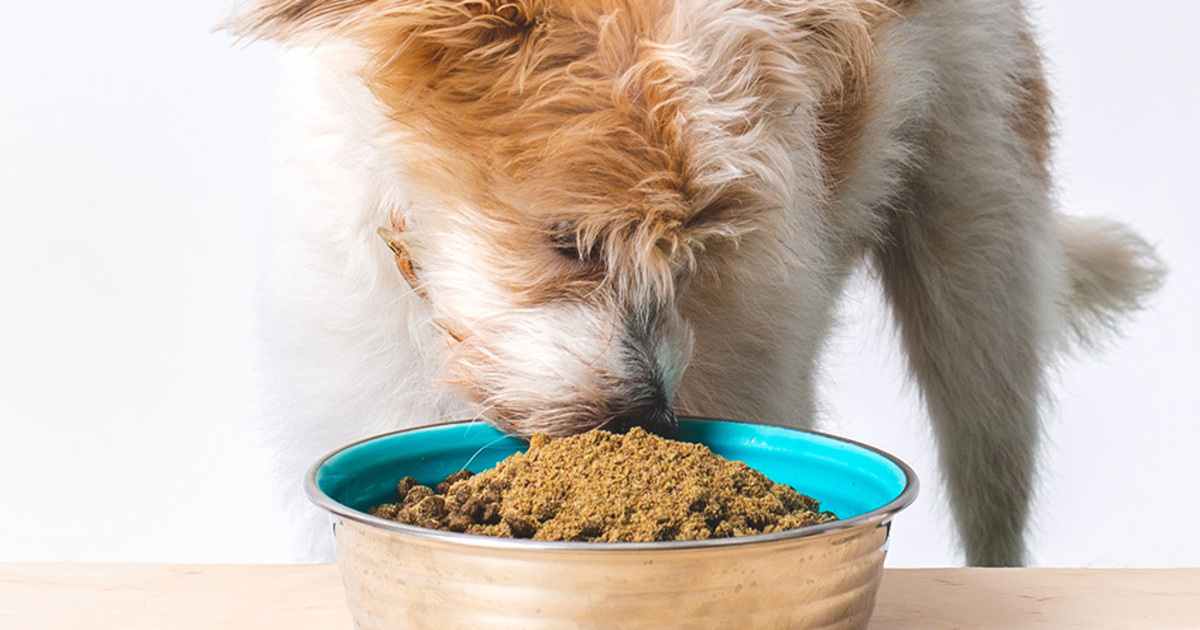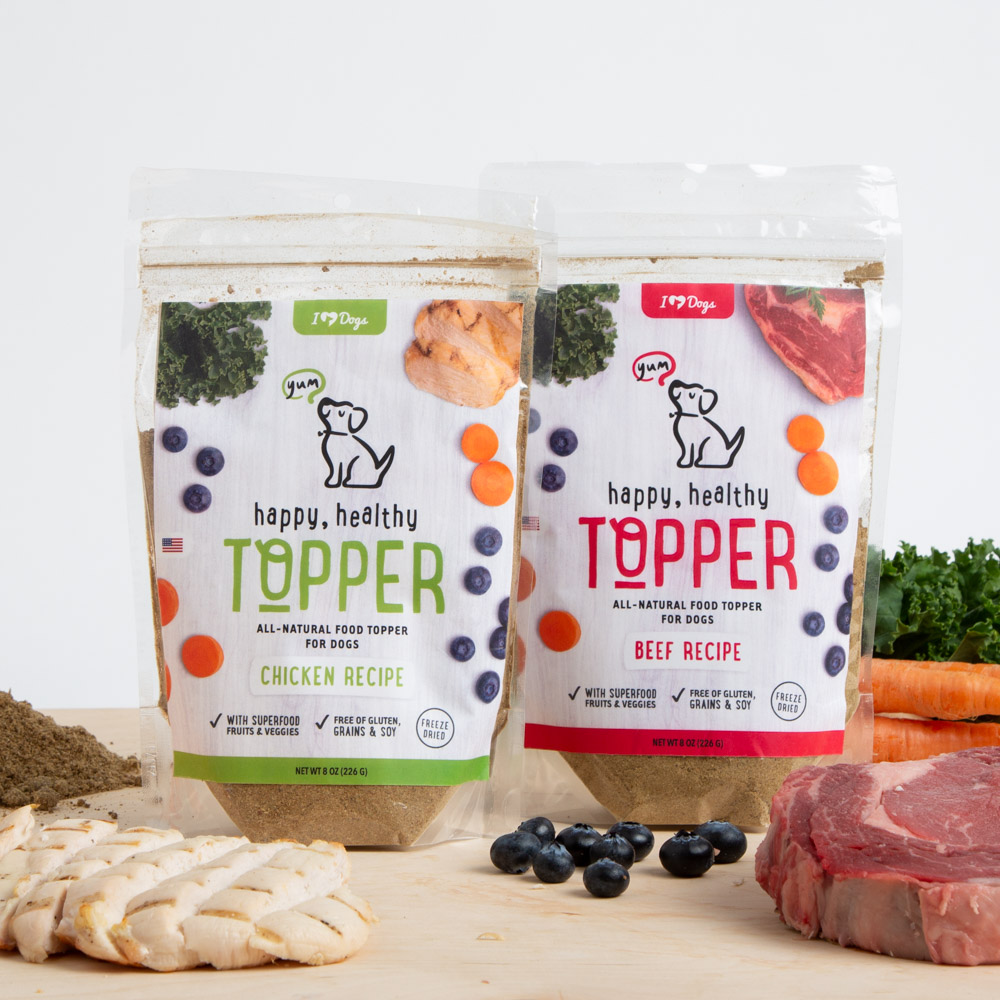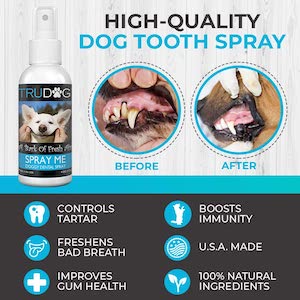When your dog gets sick, do you ever consider it could be the food in his bowl that is bringing him down? We often place blame for illness on issues like exposure to other sick pups, genetics or sensitivities, but the truth is your dog’s diet is the cornerstone of his overall health. You place a lot of faith in the can or bag of food you pull off the shelf.
These are 5 health conditions – some extremely severe – that could be caused by your dog’s food, and one easy way to avoid them all.
1. Pica/Coprophagia

You might be familiar with the words “Pica,” or “Coprophagia,” but most pet parents know it by a different name: poop eating.
A dog who is starving for nutrients will put anything he can in his belly. Dogs often eat poop or grass, but some poor pups will even attempt to eat rocks or dirt to fill in the gaps in their diet. Not only can this behavior expose your pup to potentially dangerous diseases, but it can also lead to hefty surgery bills.
Though it’s sometimes caused by other issues, such as anxiety or boredom, making sure your dog is getting all the nutrients he needs will help keep non-food objects out of his stomach.
2. Food Allergies

Food allergies are extremely common in pups of all ages, breeds, and genders, and often caused by ingredients you might never suspect. Some common allergens include chicken, corn, dairy products, and wheat – ingredients you’ll probably notice when you read the nutritional contents on any package of dog food.
If your dog has food allergies, you may notice itchy skin, hives, swollen face, and tummy troubles. Many pet parents blame allergic reactions on the environment, but don’t forget that your food could be the culprit.
3. Heart Disease
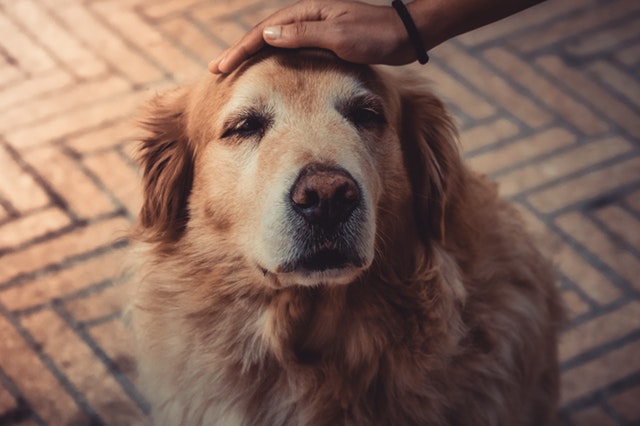
The FDA has been investigating a link between grain-free diets and Canine Dilated Cardiomyopathy (CDC), which enlarges the heart, making it more difficult for the circulation of blood throughout the body. Several foods, most of which have been labeled “grain-free” are thought to cause this disease in dogs. Though they have not concluded their investigation, the FDA is advising pet parents to stop feeding grain-free diets.
Unfortunately, many manufacturers still proudly make and label their food as grain-free, and numerous unaware dog lovers continue to feed their pups these foods because they believe dogs are carnivores. The truth is dogs need a variety of foods to satisfy their dietary needs, including vegetables and grains.
4. Diabetes mellitus

Diabetes is sometimes an unfortunate side-effect of obesity. Excess sugar in the bloodstream can cause damage to vital organs and make the body “starve” for fuel – which will lead to it breaking down fats and proteins to make its own. Dogs who are overweight can develop an insulin resistance, resulting in a need for life-long care, as there is no cure for diabetes. When not treated, it can lead to kidney failure, liver disease, and even blindness.
Dogs with diabetes require frequent monitoring and daily insulin injections, as well as special diets that will keep their glucose levels low. The best preventative is to keep your dog on a healthy diet and lifestyle to help him avoid developing diabetes. You’d be surprised how much sugar the dog food in your pantry might have. It’s usually in the form of starchy fillers, which make up much more of the recipe than your dog needs – or can handle.
5. Obesity
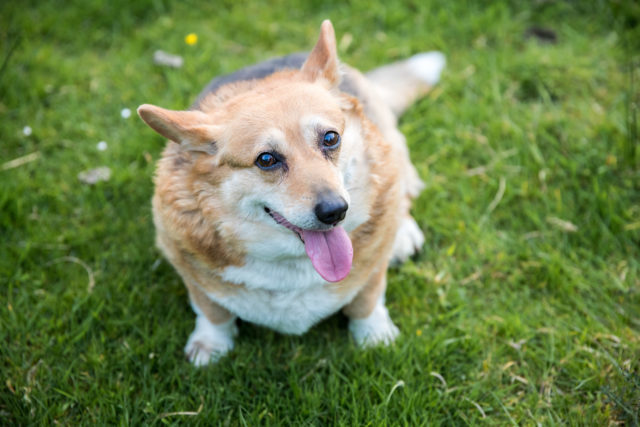
Serving sizes on packaged food are often one-size-fits-all, and those numbers are not specific to the unique needs of your dog. Pet parents who feed according to package directions are often shocked to find they’ve been over or under-feeding their dogs. Additionally, obesity can cause painful joint problems, breathing issues, or can even shorten your pup’s lifespan.
It’s important your dog gets enough to eat without going overboard. Calorie counting is the usual solution, but it can be challenging to make sure your pup is getting the proper nutrition and calories while still getting enough food to keep his belly feeling full. Talk to your vet to make sure you’re meeting your dogs caloric needs.
How To Avoid Food-Related Health Issues
Feeding your dog a healthy, balanced diet is rarely as easy as picking a bag off a shelf. Many vets recommend fresh-made or raw diets over kibble, but these options can be expensive, time-consuming, and difficult to prepare and store safely.
The alternative is Happy, Healthy Nutrition Boost Food Toppers™. Made with nutrient-dense raw organ meats, collagen, probiotics, and superfoods like carrots, blueberries, and kale, this delicious option transforms any bland diet into a well-balanced meal at a fraction of the cost of raw diets.
Made with fresh, human-grade food, it’s a super tasty, wholesome way to increase the nutritional value of your pup’s diet, without completely switching their food!

